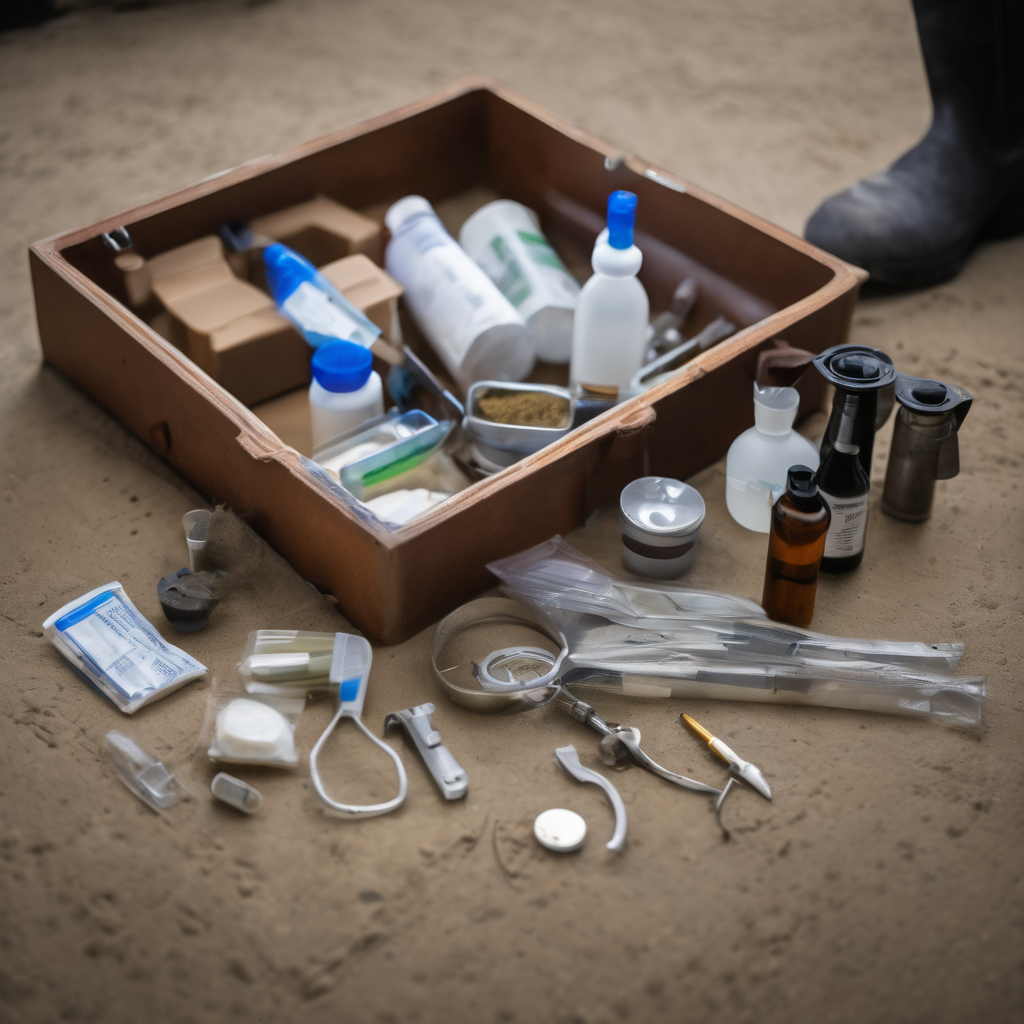News reports on social media indicate a concerning outbreak of Equine Herpesvirus type 1 (EHV-1) affecting horses, with numerous vet clinics alerting horse owners to the situation. The first alarming posts began circulating around 3 PM ET on November 18, with many horse owners reporting serious cases, including the loss of horses and others struggling to survive.
EHV-1, also known as equid alphaherpesvirus-1, is known for its highly contagious nature and tends to emerge following large equestrian events, as horses return home and inadvertently spread the virus among their stall and barn mates. The impact on affected horses has been severe and rapid, with reports from facilities like Outlaw Equine Hospital and Rehab Center highlighting the outbreak’s aggressive and often fatal characteristics.
Transmission of EHV-1 occurs in various ways, primarily through direct contact between horses, as well as through contaminated objects such as tack, feed buckets, and human hands. The virus can even spread through the air, posing an ongoing risk to equine health.
In light of this outbreak, horse owners, especially those in Waco or who attended large events in the past two weeks, are urged to take immediate precautions. Monitoring horses’ temperatures at home twice a day is crucial, with any readings above 101.5 degrees prompting a call to a veterinarian. Signs of distress such as nasal discharge, coughing, stumbling, or neurological symptoms also warrant immediate veterinary consultation. Horse owners are advised to keep their horses at home, refrain from transporting or mingling them for the foreseeable future, and avoid sharing equipment like water buckets and brushes to minimize the risk of spreading the virus.
As the situation evolves, more information is expected from reliable sources, including state veterinarians and various veterinary clinics. It’s essential for responsible horse owners to remain vigilant, consult with their veterinarians, and act in the best interests of their animals. While the outbreak reflects a serious concern, it is vital to approach the situation with caution rather than panic, awaiting further developments and guidance.
